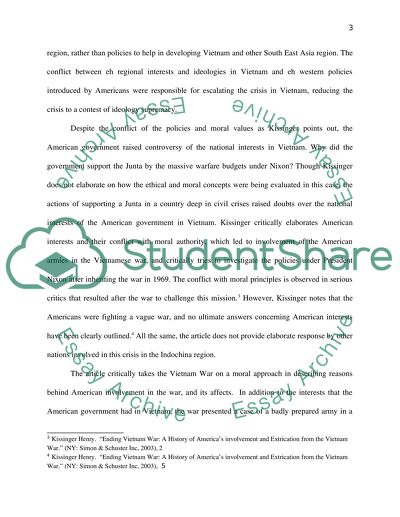Cite this document
(“American Diplomacy in Vietnam Term Paper Example | Topics and Well Written Essays - 1500 words”, n.d.)
American Diplomacy in Vietnam Term Paper Example | Topics and Well Written Essays - 1500 words. Retrieved from https://studentshare.org/history/1445758-critique-of-journal-articles
American Diplomacy in Vietnam Term Paper Example | Topics and Well Written Essays - 1500 words. Retrieved from https://studentshare.org/history/1445758-critique-of-journal-articles
(American Diplomacy in Vietnam Term Paper Example | Topics and Well Written Essays - 1500 Words)
American Diplomacy in Vietnam Term Paper Example | Topics and Well Written Essays - 1500 Words. https://studentshare.org/history/1445758-critique-of-journal-articles.
American Diplomacy in Vietnam Term Paper Example | Topics and Well Written Essays - 1500 Words. https://studentshare.org/history/1445758-critique-of-journal-articles.
“American Diplomacy in Vietnam Term Paper Example | Topics and Well Written Essays - 1500 Words”, n.d. https://studentshare.org/history/1445758-critique-of-journal-articles.


